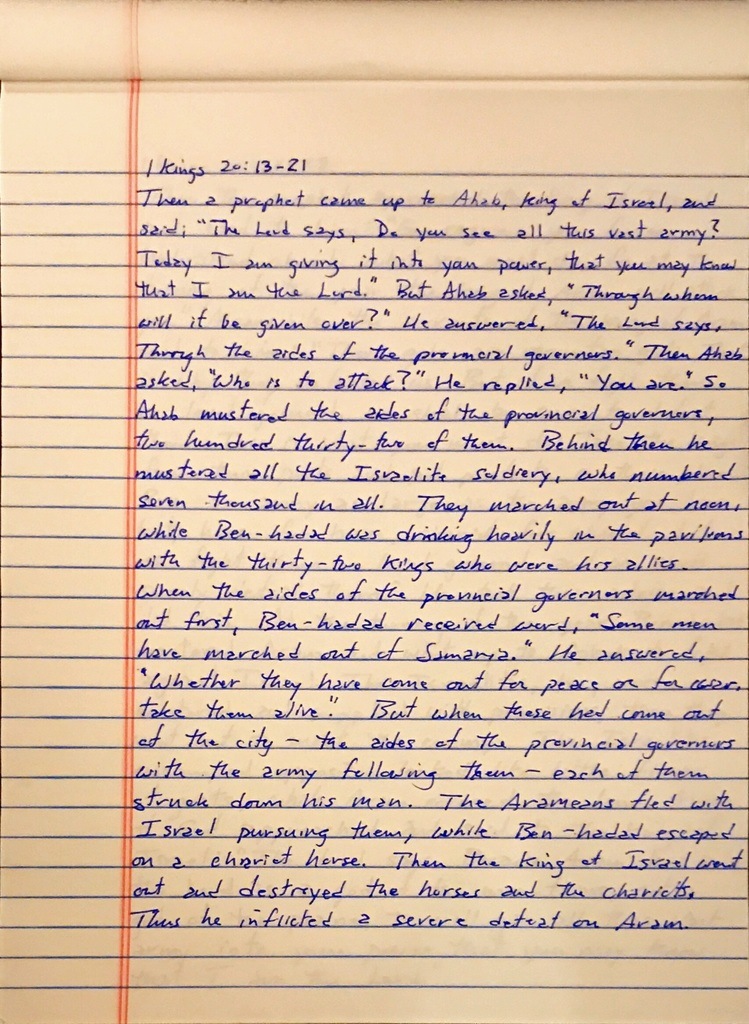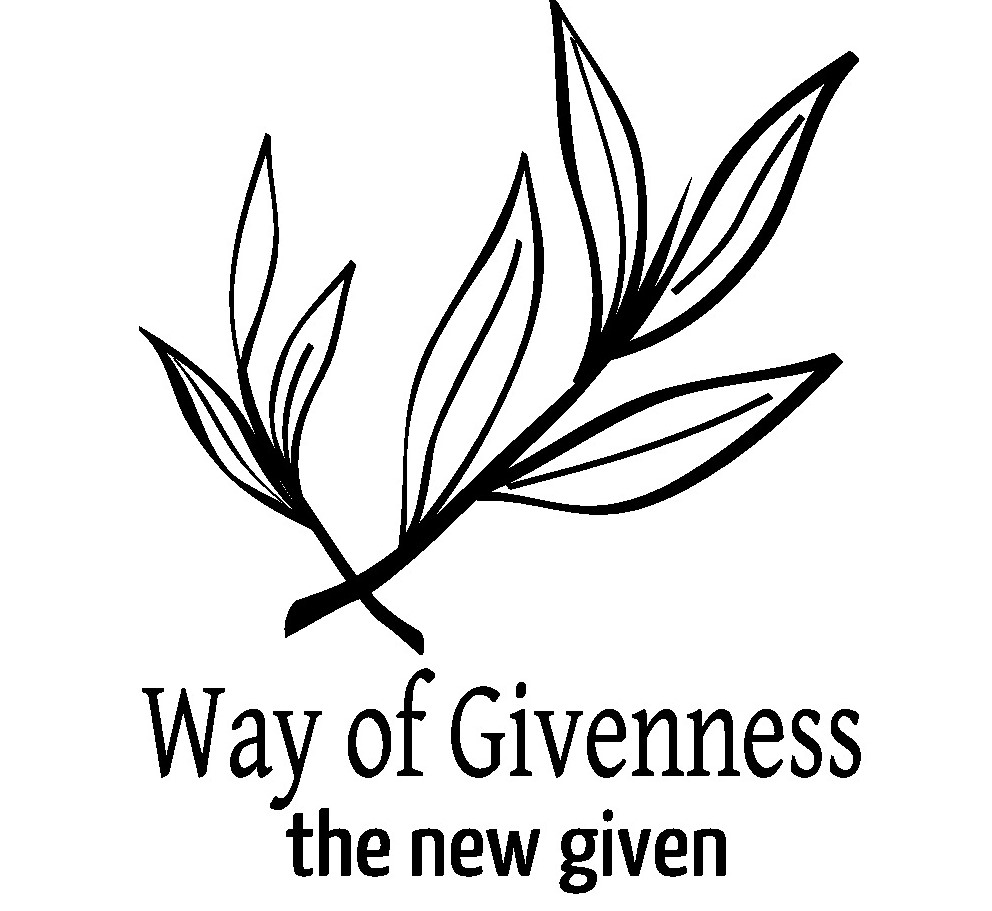
Ben-hadad’s Overconfidence

Synopsis 1Kings 20:13-21 6/20/2019
Ben-hadad was king over the Aramites. He had led them to besiege Samaria, which was the capital of Israel. As the two armies prepared for the coming battle, a prophet from God came to Ahab. The prophet declared that Ahab would have victory. And Ahab asked the prophet how the victory would come – what was the order of battle. And the prophet gave this information too.
It seems the speed of Israel’s preparations and the order of attack came as a surprise to Ben-hadad. Israel’s army began its march out of the city in the afternoon. This was unexpected because most pitched battles began in the morning. And, as Israel sent out its forces, it led with a small contingent of younger men.
This also came as a surprise. For, Ben-hadad was not expecting to fight that day. Because of this, he had gone to a pavilion where he was already drinking heavily. As the reports came that Israel had sent forces out, he misinterpreted the battlefield condition. Accordingly, he ordered what he thought to be a small contingent to be captured instead of positioning his troops for a full battle.
Of course, the result was that the Aramites were defeated and fled before the Israelite army.
Ben-hadad’s Overconfidence
Ben-hadad had an enormous battlefield superiority. He couldn’t imagine a scenario where Israel’s much smaller army could defeat him. So, he acted accordingly. He bullied Ahab until the king of Israel had no option but to fight. And he spent his time in drunken revelry rather than sober reflection and vigilance.
Though in a way he seemed courageous, Ben-hadad was the opposite. He was cavalier. As a result, he didn’t take seriously the risks of war to either himself or his army.
Cavalier Versus Courage
I think of the common expression, “Talk is cheap”.
When I was young, I remember feeling the pressure to show that I was grown. Of course, it’s not all bad for a young person to feel the social pressure to mature and take their place in society.
But for me, this often led to taking ill-considered risks. I wanted to seem courageous. I wanted to be fearless. So, I worked hard to simply ignore my fears.
And this is one key difference between authentic courage and a dare-devil’s naïve ignorance of risk. To be cavalier is a decision to not consider the risks of my decisions to either to myself or to the people around me. It’s a deliberate ignorance that circumvents the felt intuition that suggests my behavior is dangerous.
And in the long-term, if things don’t end badly, then a fortunate dare-devil might become a famous hero. The problem is, such stories usually end badly.
“The astute see an evil and hide, while the naive continue on and pay the penalty” Prov 22:3

